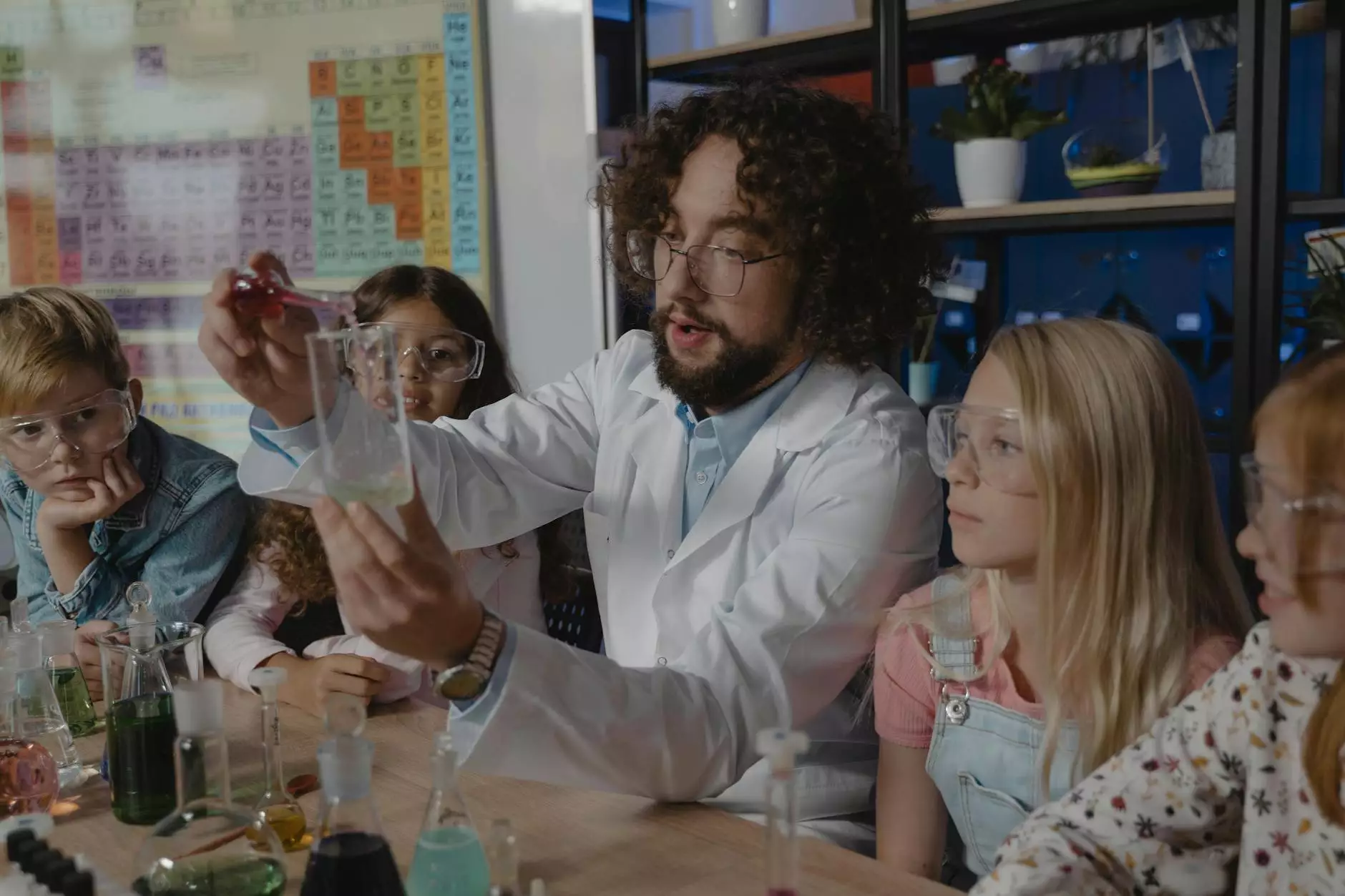Transforming Mental Health Education: The Impact of GPS Video Lectures

In the modern realm of Health & Medical education, technology plays a crucial role. One of the innovative tools that have emerged to aid both educators and students is the GPS video lectures. These lectures are revolutionizing the way mental health education is delivered, making it more engaging, accessible, and effective.
The Importance of Innovative Educational Tools in Counseling
As the landscape of mental health care evolves, so too does the necessity for ongoing education and training for professionals in the field. With the rise of technology, traditional methods of teaching have been augmented by various tools designed to improve learning outcomes.
- Enhanced Learning Experience: GPS video lectures provide a dynamic platform that incorporates multimedia elements, such as videos, animations, and interactive quizzes.
- Accessibility: These lectures can be accessed anytime and anywhere, allowing for flexible learning schedules that accommodate busy professionals.
- Engagement: The integration of real-world scenarios helps to engage learners and make the material more relatable and easier to understand.
What Are GPS Video Lectures?
GPS video lectures are instructional videos that utilize the technology of GPS (Global Positioning System) to enhance the teaching of complex concepts in various fields, particularly in health and medical counseling. By positioning educational content within the context of real-world applications, these lectures help learners comprehend the relevance of the material.
Key Features of GPS Video Lectures
1. Interactive Components: - Students can engage with the material actively. - Quizzes and polls can assess understanding in real-time. 2. Multimedia Utilization: - Combines video, audio, and animations. - Caters to different learning styles. 3. Real-World Applications: - Case studies and examples are presented to illustrate concepts. - Helps in bridging theoretical knowledge with practical application. 4. Increased Retention: - Engaging formats lead to higher information retention. - Visual aids help in memory recall during real-world scenarios.Benefits of GPS Video Lectures in Health and Medical Counseling
The integration of GPS video lectures into health and medical education offers numerous advantages:
1. Flexibility in Learning
One of the greatest benefits of GPS video lectures is the flexibility they offer. Professionals in the counseling field often have erratic schedules, and these lectures can be consumed at the learner's convenience. This flexibility ensures that crucial educational content is never missed, allowing individuals to learn at their own pace.
2. Enhanced Engagement and Interactivity
Traditional lectures can often lead to disengagement among students. In contrast, GPS video lectures employ interactive elements like quizzes, discussions, and immediate feedback. This heightened engagement leads to a deeper understanding of the subject matter and encourages active participation in the learning process.
3. Improved Knowledge Retention
Research indicates that multimedia learning environments enhance information retention. Through the use of visuals, narratives, and engaging scenarios, GPS video lectures foster an environment conducive to memory retention, making it easier for learners to recall important information when they encounter real-life situations.
4. Accessible Resources for All
GPS video lectures democratize access to quality educational resources. Students from diverse backgrounds, including those from underprivileged communities, can access these resources online, breaking geographic and financial barriers that traditionally hinder mental health education.
5. Continuous Professional Development
For mental health professionals, continuous improvement is essential. GPS video lectures provide an excellent medium for professionals to stay updated on the latest research, therapeutic techniques, and intervention strategies, facilitating lifelong learning and development.
Implementing GPS Video Lectures into Counseling Education Programs
For educational institutions looking to implement GPS video lectures into their curricula, a structured approach is essential:
- Curriculum Integration: Assess how GPS video lectures can complement existing course content and enhance learning objectives.
- Technology Training: Ensure that instructors and students are proficient in using the technology involved in GPS video lectures.
- Content Development: Collaborate with mental health professionals to create relatable and high-quality video content.
- Feedback Mechanism: Develop a system to gather student feedback on the effectiveness of GPS video lectures to continuously improve the offering.
Challenges and Considerations
While GPS video lectures present numerous benefits, there are also challenges to consider:
1. Technological Barriers
Not all students may have access to the required technology or a stable internet connection, which can create disparities in learning opportunities. Educational institutions must consider alternative solutions to ensure everyone can benefit from GPS video lectures.
2. Over-Reliance on Technology
Relying solely on video lectures may limit face-to-face interactions that are vital in counseling. A balanced approach that combines in-person mentoring and video content is essential.
3. Quality Control
Maintaining high standards in content creation is imperative. Institutions should implement rigorous review processes to ensure that all GPS video lectures are accurate, relevant, and effective.
The Future of GPS Video Lectures in Mental Health Education
The role of technology in education is continuously evolving. As we look to the future, GPS video lectures are likely to become more sophisticated, incorporating elements like artificial intelligence and machine learning to tailor educational experiences to individual needs. Moreover, the potential for virtual reality (VR) environments may offer immersive experiences that traditional lectures cannot match.
Final Thoughts
In conclusion, the adoption of GPS video lectures within the field of Health & Medical Counseling has the power to transform the educational landscape. By providing flexible, engaging, and accessible learning experiences, these lectures not only enhance professional development but also ultimately contribute to better patient care and outcomes in mental health. Embracing these technological advancements is no longer optional; it is essential for the continuous growth and effectiveness of mental health professionals.
For more information and resources on how to implement GPS video lectures in your educational programs, visit behavioralhealth2000.com and unlock the potential of technology in learning.









